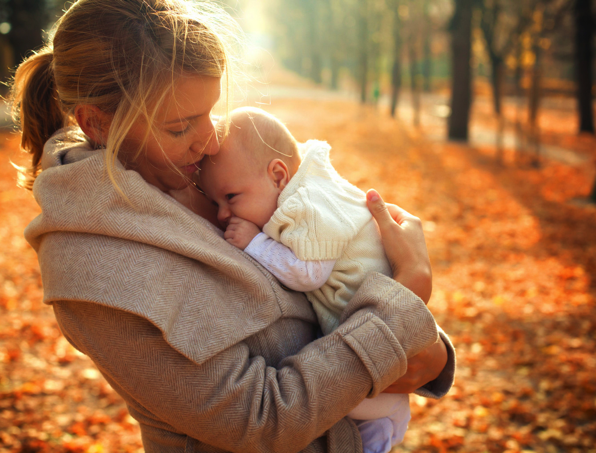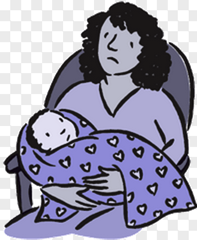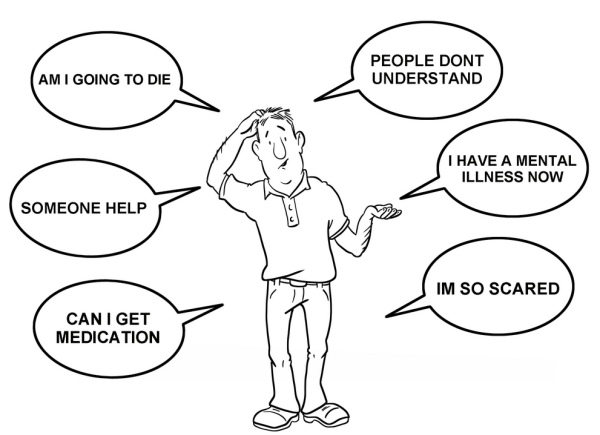Risky Behaviors, a learned experience for all of us | Maternal Health help

 Always seeking new information that benefits patients and communities struggling with Mental Health, here is another study that sheds a focused light on maternal health.
Always seeking new information that benefits patients and communities struggling with Mental Health, here is another study that sheds a focused light on maternal health.
Looking back oftentimes helps us understand where we are today and develop an action plan to where we want to be in the future.
(Reuters Health) - Having a depressed mother during elementary or middle school raises the likelihood a child will engage in risky behaviors like drinking and smoking during the teen years, according to a new study. (article first appeared in pediatricsaapublications.org)
Maternal Health examined | Based on nearly 3,000 children followed since they were toddlers, the researchers also found that kids with depressed mothers in “middle childhood” were likely to start risky health behaviors earlier in their adolescence than other kids. "Although there is a fairly good body of evidence suggesting that maternal depression is associated with depression in the child, there is a lot less about how maternal depression might influence adolescent behavior,” Ian Colman, the study’s senior author, told Reuters Health in an email.
“Given how prevalent maternal depression is, and that risky adolescent behaviors are associated with poor long-term outcomes in adulthood, we thought better evidence in this area could be really useful” said Colman, a researcher at the University of Ottowa in Ontario.

Previous studies have suggested a link between a mother’s depression during pregnancy or right after a baby is born to the teenager’s mental health (see Reuters Health article of October 10, 2013 here: reut.rs/1zWKAiz).But not much is known about maternal depression and later adolescent behaviors, Colman’s team writes in the journal Pediatrics.
The study team analyzed data from the National Longitudinal Survey of Children and Youth, a large Canadian population study that began when the kids were ages two to five in 1994 and ended in 2009 when they were teenagers.
- Every two years, the participating mothers answered questions about their own physical and mental health, and about the health of their kids and spouses or partners, their available social support and family functioning. Once the children reached the age of 10 or 11, they filled out their own questionnaires.
- In addition, they were more likely to engage in these behaviors earlier than teens whose mothers had low or no symptoms of depression.
The study team also found that teens exposed to recurrent maternal depression throughout their childhood engaged in more nonviolent risky behaviors compared to those whose mothers had low or no depression.In contrast, kids whose mothers’ depression symptoms started when the child was already in the early teens did not engage in more risky behaviors than kids without any maternal depression exposure.
The results don't prove that the mothers' symptoms when their children were young caused the children's behavior in adolescence.
But, the authors write, middle childhood is a period of increasing cognitive, social and emotional development. Kids in this age group begin school, refine their language skills and increasingly engage in social peer relationships.Being exposed to a mother’s depressive symptoms and negative parenting behaviors may harm the child’s own development during this sensitive time and lead to “lasting deficits,” they speculate. ]
Mental Health awareness | The data for maternal health is highly suggestive, what matters here is being aware, and knowing that asking for help is the first step to our world around us.
We all have strong influences from our parents and upbringing, the wiring in our brains allows us to become that which is our ‘normal’. When your normal isn’t what you really want it to be, it is ok to seek outside your comfort zone and communicate with those who have experience in dealing with depressive behaviors.
Being cognizant of ‘how’ we got to where we are today is beneficial to where we are headed in the future. All we ask is that you seek out the best tools, people, and education so that the choices from today forward lead to a better future for yourselves and those around you.
Learn from the past, and take positive steps towards a better future.
Photos from huffingtonpost.com and thewindowofopportunity.info



